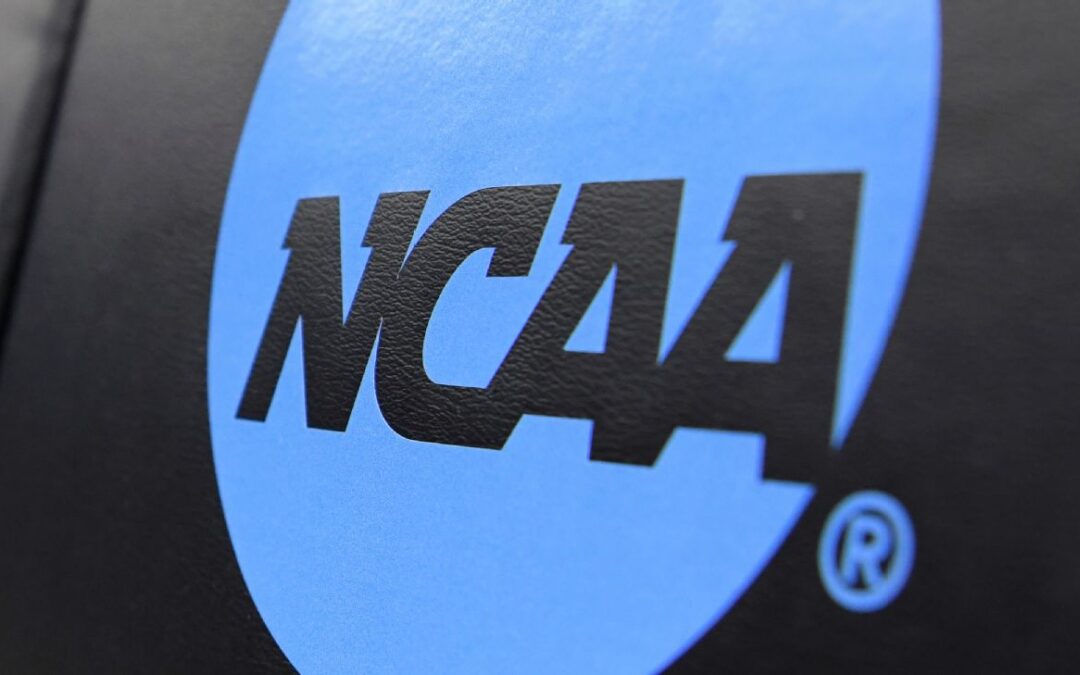In a significant shift for college athletics, the NCAA has decided to discontinue the National Letter of Intent (NLI) program, which for decades has served as a formal agreement between student-athletes and their prospective colleges. With this change, the NCAA is reshaping the recruiting process and the communication between prospective student-athletes (PSAs) and college programs by introducing the “scholarship agreement” as the new standard. This article explains what happened, the implications for athletes and programs, and what future recruits can expect in the new landscape.
What Happened: The End of the National Letter of Intent
For years, the NLI has been a binding document, requiring PSAs to commit to a single school in return for an athletic scholarship. However, recent discussions within the NCAA centered around simplifying and improving the transparency of the recruiting process for PSAs. Concerns about the binding nature of the NLI, especially for high school athletes as young as 16, spurred a movement toward a more flexible and athlete-friendly system. Consequently, the NCAA chose to eliminate the NLI program and replace it with the scholarship agreement, a direct document from each institution’s compliance office to prospective student-athletes.
The New Standard: “Scholarship Agreement”
Under the new framework, the “scholarship agreement” will now serve as the primary document detailing the financial and athletic commitment between athletes and universities. Unlike the NLI, this agreement is more straightforward in its terms and aligns closer with academic and need-based scholarship offers already in place for non-athletes. Additionally, the NCAA compliance offices will issue scholarship agreements directly to PSAs, which could potentially reduce misunderstandings and lead to a more streamlined onboarding process for athletes joining college programs.
Implications for Prospective Student-Athletes
The shift away from the NLI marks a new era for PSAs. Without the rigid restrictions of the NLI, athletes may enjoy greater flexibility, including the ability to reconsider their commitment if significant changes happen at a school (such as coaching changes or reductions in program funding). It also mitigates the risks for athletes who sign early and might feel locked in by an agreement when circumstances change.
Moreover, with the scholarship agreement now coming directly from the NCAA compliance office, PSAs can feel more confident that their understanding of the scholarship’s terms is consistent across the board and backed by institutional oversight. This should clarify eligibility requirements, scholarship duration, and conditions, which were sometimes misunderstood in the traditional NLI model.
Impact on College Programs and Coaches
This transition could also reshape the recruiting strategies for college coaches and compliance teams. Without the binding NLI, coaches may need to rely more on relationship-building and program loyalty to ensure that their recruits remain committed, especially in the months between committing to a program and actually enrolling. This added flexibility for PSAs may encourage programs to better support and engage with their athletes, improving the quality of the student-athlete experience.
A New Era for NCAA Recruiting
The NCAA’s decision to eliminate the NLI in favor of the scholarship agreement signals a move toward an athlete-centered approach, balancing both the interests of athletes and institutions. This new policy should lead to fewer compliance issues, less rigidity, and more transparency in the scholarship offer process, benefiting both PSAs and athletic programs across the NCAA. As the new scholarship agreements begin to roll out, both high school athletes and college programs will need to adapt, but the potential for a more open and flexible recruiting landscape may ultimately benefit everyone involved.
Photo Credit: ESPN
Get your personalized plan with Membership Exclusive Features
JGH offers a subscription package for users seeking a personalized experience. This includes creating a custom college list, matching with programs and coaches, managing tournament schedules, and accessing contact information for every college coach in the country. Click here to learn more.

